At Deep|Bayes summer school, we will discuss how Bayesian Methods can be combined with Deep Learning and lead to better results in machine learning applications. Recent research has proven that the use of Bayesian approach can be beneficial in various ways. School participants will learn methods and techniques that are crucial for understanding current research in machine learning. They will also have hands-on experience with using probabilistic modeling to build neural generative and discriminative models, learn modern stochastic optimization methods and regularization techniques for neural networks, and master the ways to reason about the uncertainty about the weight of the neural networks and their predictions. Lectures will be followed by practical sessions.
Our summer school is intended for:
Our goal is to show that using the Bayesian approach in deep learning models can expand the range of their applicability and improve their performance. Although there are many different problem settings in machine learning, probabilistic inference for Bayesian networks can be performed in a similar way for most of them. Do you want to learn more about these methods? Come to our summer school!
Unfortunately, we had to cancel this year's school due to the global pandemic. Check back next year and be sure to watch previous year's videos.
2019 VideosMost of our lecturers and tutors are members of the Bayesian Methods Research Group and researchers from the world’s leading research centers. Many school lecturers have published at top international machine learning conferences such as NIPS, ICML, ICCV, CVPR, ICLR, AISTATS, and others. Today, the Bayesian Methods Research group is one of the leading machine learning research groups in Russia. Members of the group have developed a range of university courses in Bayesian Methods, Deep Learning, Optimization and Probabilistic Graphical Models and have substantial teaching experience.
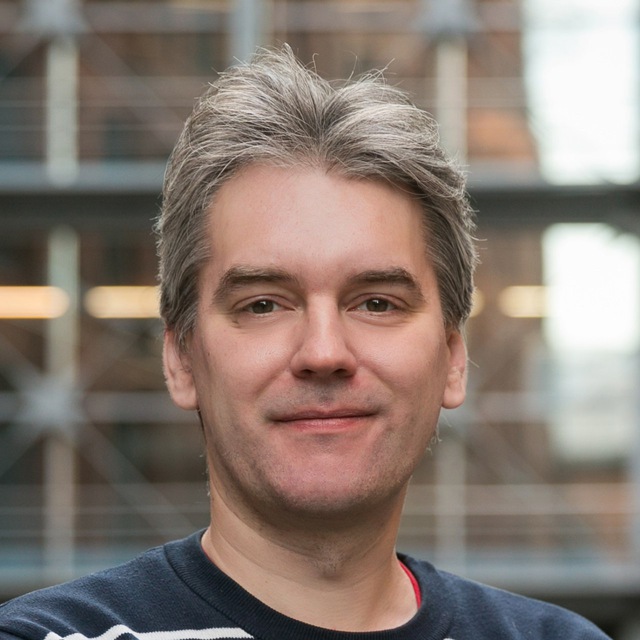
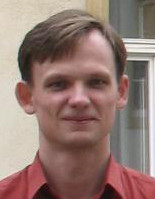
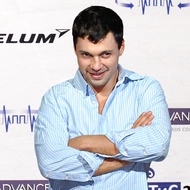


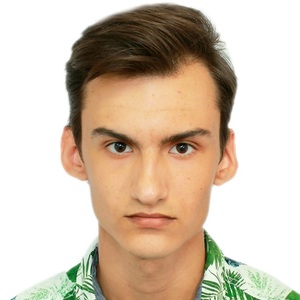

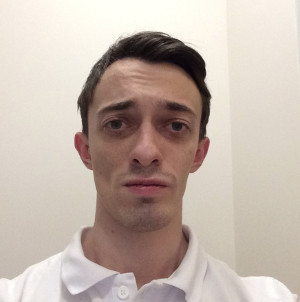
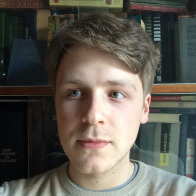





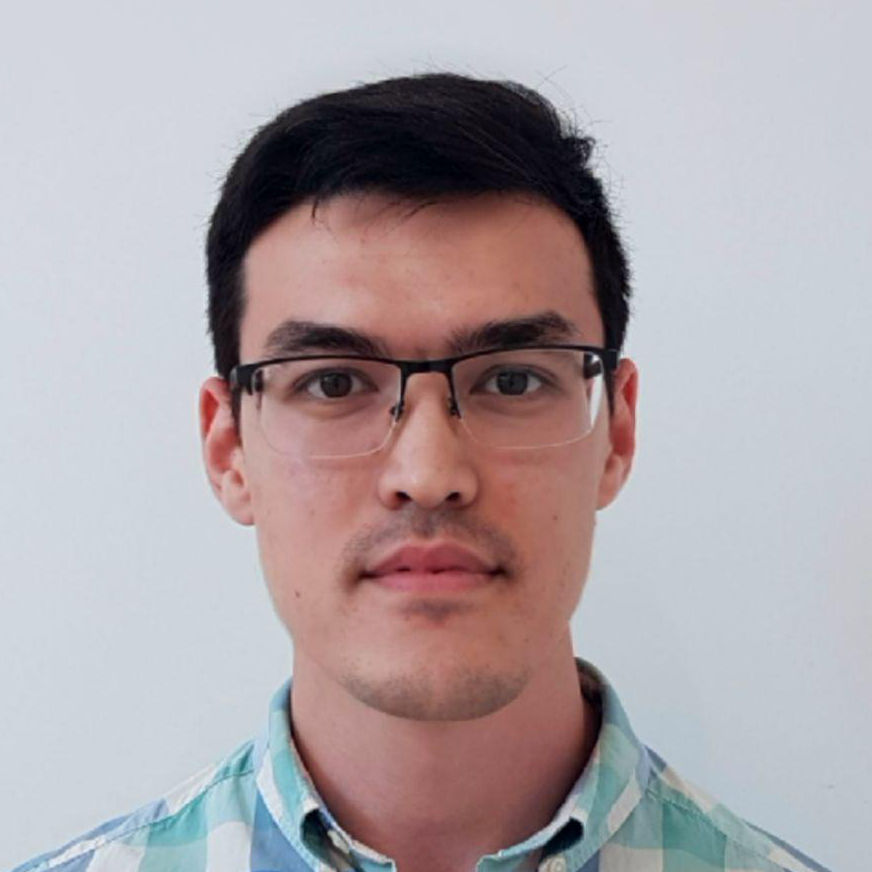
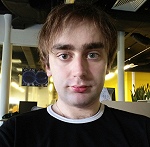

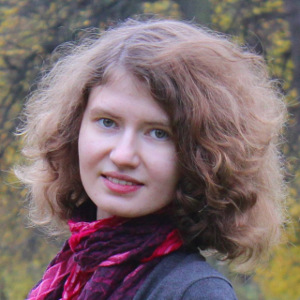

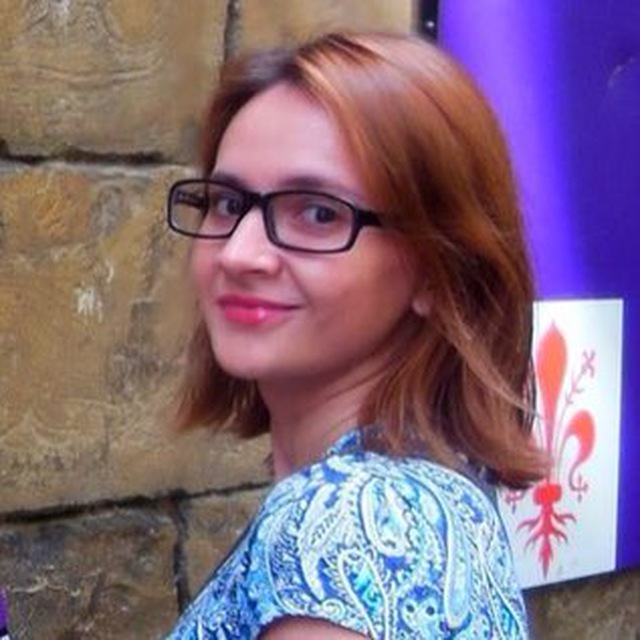
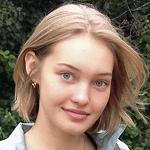
The working language of the school is English. All the lectures and practical sessions will be held in English, so the participants will need sufficient proficiency in technical English.
The fee is 3000 rubles (approx. $50) for university students (if enrolled by August 2020), 15 000 rubles (approx. $230) for academic researchers and 45 000 rubles (approx. $700) for participants from industry.
No, candidates will have to complete the application form. The participants will be selected on a competitive basis. Only approved candidates will be asked to proceed with paying the fee. The selection process is necessary because we have a limited number of spots available, and we also want to make sure that our participants have a suitable background to understand the material and have a useful experience at Deep|Bayes School.
Candidates fill an application form, write a short essay (paper review) and complete a few small assignments to demonstrate their knowledge of machine learning and programming skills. The selection committee will carefully review all the applications and will proceed with the strongest candidates based on their technical skills and motivation.
Last year we received about 300 applications for 100 slots (however, for this year the number of available slots may be different).
We will provide coffee breaks and lunches.
Unfortunately, no. Our summer school is intended for candidates who have strong knowledge of machine learning and are familiar with neural networks. Such level of participants enables us to delve into to technical details and quickly proceed to advanced topics while being confident that the material is accessible for everyone. For learning machine learning fundamentals, we encourage you to check out numerous resources available on the web.
You will learn modern techniques in deep learning and discover benefits of Bayesian approach for neural networks. Topics discussed during the School will help you understand modern research papers. And, of course, the School provides an excellent opportunity to meet like-minded people and form new professional connections with speakers, tutors and fellow school participants.
Yes, if you get selected. We will provide a limited number of travel grants. The amount of the travel grant is fixed (no matter from which country the participant comes). Travel grant can be spent to cover a trip to and from Moscow and accommodation for the time of the summer school.
We won’t have live broadcasting, but we will record lectures and upload them as soon as possible.
Yes, we will provide visa invitation letters for those selected participants who need Russian visa.
Please, email us at [email protected].
If you have any further questions about our summer school, feel free to send us an email to [email protected].
You can also follow us on Twitter.